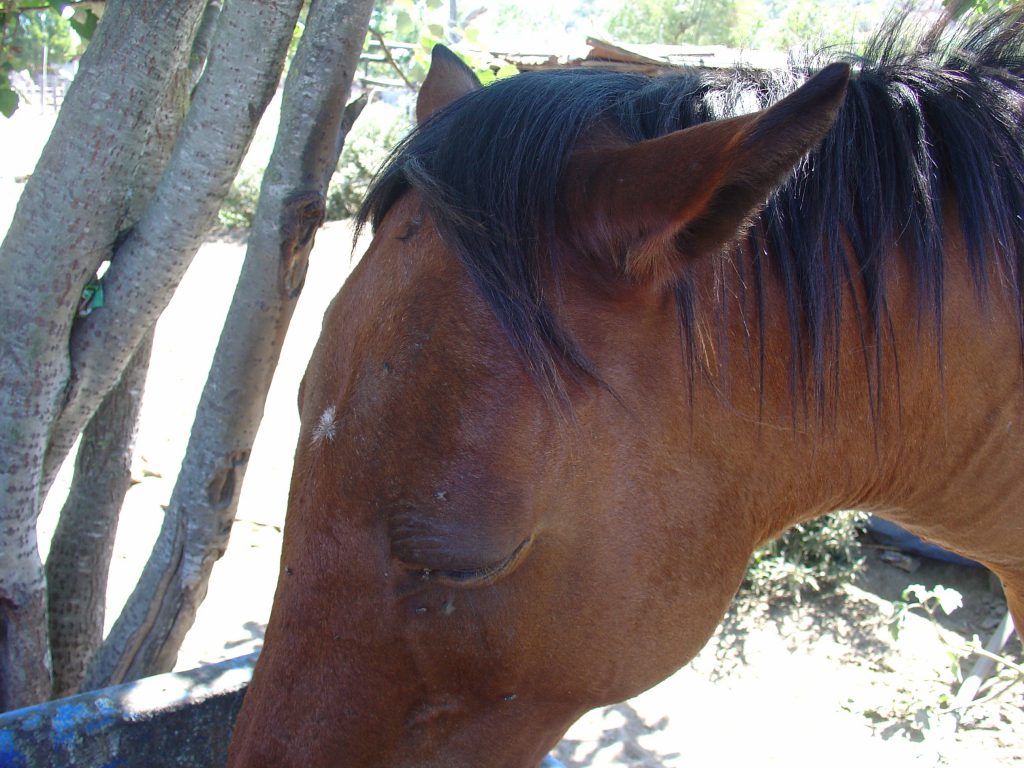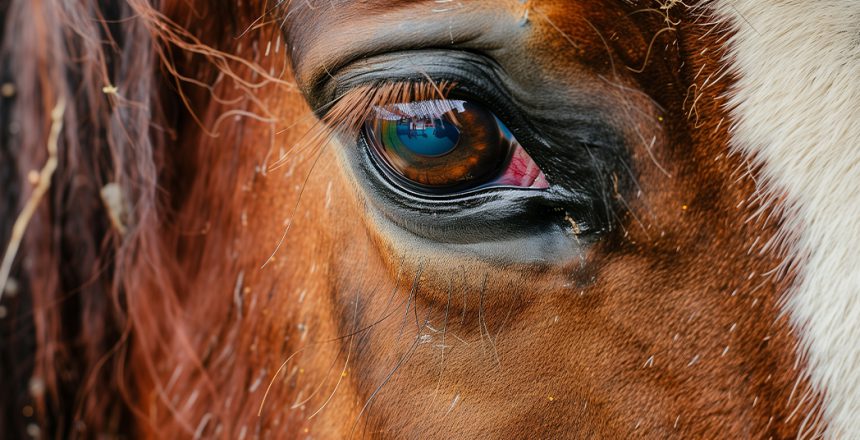Due to the unusually wet summer experienced in several parts of South Africa, the Western Cape Department of Agriculture (WCDoA) urges horse owners and veterinarians to vaccinate equines against African Horse Sickness (AHS). AHS is a notifiable viral disease that affects all equines and is often fatal.
Horse owners are reminded that South Africa is divided into four zones for the control of AHS:
- The Infected area encompasses most provinces except for certain parts of the Western Cape that fall within the AHS controlled area. In this region, AHS is endemic, and vaccination is compulsory.
The AHS controlled area consists of the:
- Protection zone, which serves as a buffer between infected areas;
- Surveillance zone, an area with increased monitoring and control, surrounding the smaller and
- Free zone in Cape Town, which is intended to remain free of AHS and hosts our export quarantine facility.
Vaccination Protocols in the Infected and Protection Zones
In both the Infected Zone and the Protection Zone, annual vaccination is legally required. The only registered vaccine available in South Africa is the live attenuated AHS vaccine produced by Onderstepoort Biological Products.
Vaccination should take place during the low-risk season, which runs from 1 June to 31 October. This practice significantly reduces the incidence of illness and death, limits virus transmission, and supports the safe movement of horses – crucial for the viability of the equine industry.
In the Protection Zone, vaccination is strictly permitted only during the low-risk period, outside of the high vector activity season.
Vaccination Regulations in the Free and Surveillance Zones
In the Free and Surveillance Zones, where preservation of an AHS-free status is critical to equine exports, vaccination is not routinely practised.
It is:
• Only allowed with prior written consent from State Veterinary Services,
• Considered only under particular conditions (primarily related to future movement)
• Restricted to the designated vaccination window (typically June to October).
These measures aim to minimise the risks associated with vaccine virus strains and to protect the Free Zone’s international trade standing.
Should a horse move into the Controlled Area – or between areas within the Controlled Area with differing levels of control – vaccination becomes compulsory. The horse must be vaccinated by a registered veterinarian no more than 24 months and at least 40 days prior to movement. Vaccination details must be recorded in the animal’s passport.
Movement and Trade Considerations
Proper vaccination facilitates the legal movement of horses between zones, prevents disease outbreaks, and helps maintain South Africa’s ability to export horses internationally.
For more information, visit www.elsenburg.com or www.myhorse.org.za.


Media Enquiries
Mary James
Head of Communication
Cell: 084 817 2376


